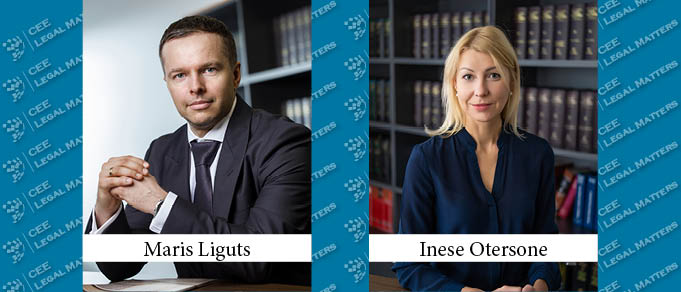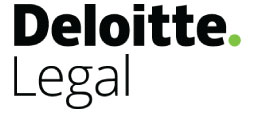In 2019, amidst the money-laundering scandal of a Latvian bank and the increasing risk that the country would be included in the Financial Action Task Force’s so-called “Grey List,” Latvia’s Financial and Capital Market Commission introduced new regulations on Anti-Money-Laundering and Counter Terrorism Financing (AML/CTF) and Sanctions.
One of the main priority actions in Moneyval’s fifth-round mutual evaluation report on Latvia was the introduction of additional measures to ensure the independence of the audit function and the effective and substantial implementation of internal controls and procedures. Hence, the Parliament of the Republic of Latvia developed an action plan to tackle these deficiencies.
On February 12, 2019, the FCMC’s “Regulations on the management of sanctions risk” came into force. These regulations were significant because they stipulated that every financial institution had to carry out an assessment of sanctions risk and establish an internal control system for their management. The regulations were later amended to allow financial institutions to provide financial services to a person on whom restrictions on financial services were put where the provision of services is justified and the FCMC consents. It is yet to be determined whether the prohibition on providing financial services to a person can be circumvented with this exception.
Furthermore, on August 16, 2019, the FCMC adopted regulations related to the independent audit of the AML/CTF internal control system. Although the AML/CTF Law already obliged subjects to conduct an independent audit, these new regulations defined the specifics, namely, the scope and the procedure of the audit. The regulations also included the requirements for the independent auditor, such as, at least five years of experience and competence in AML/CTF and Sanctions field and the absence of any conflict of interest with the financial institution.
Moreover, on December 1, 2019, the FCMC’s “Regulations on due diligence, enhanced due diligence and the establishment of a client risk scoring system” came into force. These regulations were necessary mainly because the European Banking Authority published its guidelines on simplified and enhanced due diligence, which included new risk factors and defined the scope of the enhanced due diligence. Thus, the previous regulations were combined and the EBA guidelines were implemented. The regulations also obligate banks to establish a client risk scoring system to indicate the level of money laundering or terrorism financing risks for business relationships, taking into account various factors, such as client, geographic, service line, and product delivery channel risks.
According to statistics published by the FCMC, foreign deposits in Latvian banks have decreased from EUR 12.4 billion in 2015 to EUR 3.2 billion in 2019, representing a 74% decrease. This might be due to stronger controls and more regulations in the AML/CTF and Sanctions sector, such as prohibition against providing services to shell companies.
To conclude, the FCMC and other supervisory authorities have been focusing mainly on implementing the recommendations indicated in the fifth-round mutual evaluation report on Latvia. As previously mentioned, among other things, the FCMC has: (1) obliged financial institutions to carry out an assessment of sanctions risk and establish an internal control system for the management of sanctions risks; (2) specified the scope and the procedure of an independent AML/CTF audit; (3) implemented EBA guidelines on simplified and enhanced due diligence; and (4) obliged financial institutions to establish client risk scoring systems.
These measures have effectively helped Latvia to strengthen its AML/CTF and sanctions regulations, and as a result, on February 21, 2019, the Financial Action Task Force decided not to put Latvia under increased monitoring, i.e., keeping it off its so-called “Grey List.” The FCMC has already declared its next aim, namely, to: (1) develop the dialogue between it and the members of the financial and capital market; (2) develop the supervisory process based on the risk assessment; and (3) strengthen and develop its supervisory powers.
By Maris Liguts, Partner, and Inese Otersone, Senior Associate, Deloitte Legal
This Article was originally published in Issue 7.2 of the CEE Legal Matters Magazine. If you would like to receive a hard copy of the magazine, you can subscribe here.


